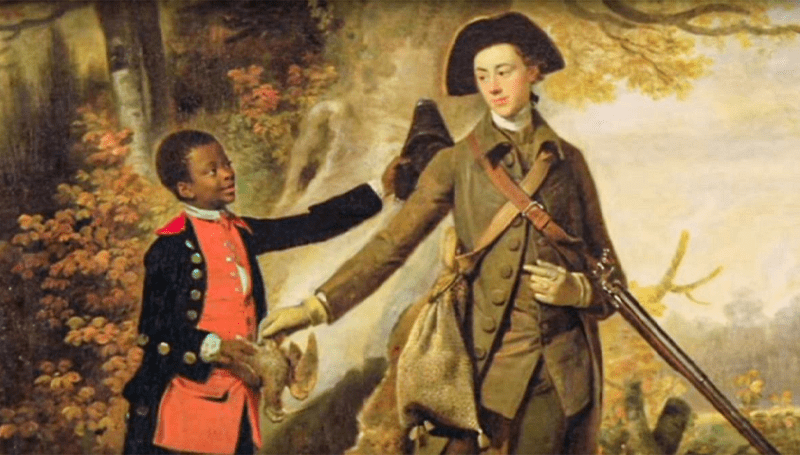After attempting to flee from his master, James Somerset (or Sommersett), a Boston slave transported to England in 1771, was apprehended. He was loaded onto a ship and shipped to Jamaica to be bought and sold. His English allies, on the other hand, used a writ of habeas corpus to remove him from the ship before it set sail.
After Somerset was hauled before the Court of King’s Bench, a judge ultimately decided in 1772 that Somerset should be released because no English law permitted slavery in Great Britain. The historic Stewart v. Somerset decision would result in the abolition of slavery in England.
Somerset was owned by Charles Stewart, a Boston customs agent. The North American customs officer purchased Somerset from a Virginia plantation owner before transporting it to England in 1769. In the eighteenth century, foreign enslavers frequently brought their slaves to England, where almost everyone recognized the slaves as the property of their owners.
Somerset escaped his owner two years after being taken to England, but he was apprehended and imprisoned on the prison ship Ann and Mary, which was sailing to Jamaica on November 26, 1771. Somerset’s godparents intervened in court to secure his release because he had been baptized as a Christian in England at the time. Granville Sharp, an English anti-slavery activist, requested and was granted a writ of habeas corpus, instructing the captain of the ship Somerset was imprisoned on to bring Somerset before the King’s Bench in January 1772 to determine his legal status.
Sharp assembled a team of five attorneys to defend Somerset. The attorneys argued that even though slavery was legal in the colonies, the Court of King’s Bench was obligated to uphold English law because there was no law in England that approved of it. According to Stewart’s legal counsel, property rights “took precedence over human rights.”
Due to numerous adjournments, the case dragged on. On June 22, 1772, the chief justice, Lord Mansfield, ruled in Somerset’s favor, stating that neither natural law nor English law supported slavery. According to the New England Historical Society, Mansfield thought slavery was “so repulsive” that it could only be tolerated if Parliament passed legislation legalizing it.
Slavery is a state that can only be established through positive legislation [statute] and cannot be brought about for moral or political reasons. As a result, despite any negative consequences of the ruling, I am unable to claim that English law allows or approves of this situation, and the black must be released.
Furthermore, Mansfield stated that “no owner here (in England) was ever permitted to force a slave to be sold abroad because he defected from his service… As a result, the man must be released.”
Somerset was granted this liberty. His lawsuit triggered a chain of events that resulted in the abolition of slavery in England. Many enslaved men and women initially believed that Mansfield’s decision freed them in Britain. This was incorrect because it was determined that no slave could be taken forcibly from Britain and sold into slavery.
According to the New England Historical Society, the decision “moved American Southerners into the patriot camp, terrified that England would take their slaves away.” It also encouraged slave men and women to file claims for freedom in the northern colonies.
Furthermore, the verdict initially did little to deter slave owners from apprehending and transporting their escaped slaves back to the colonies. Black enslaved people were still being bought and sold in England. Mansfield himself stated in 1785, according to Nationalarchives.gov.uk, that “black slaves in Britain were not entitled to be paid for their labor.”
 The African History Truly African
The African History Truly African

